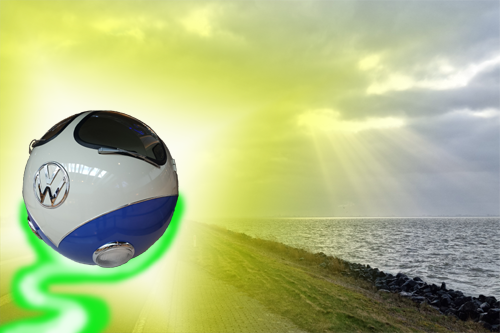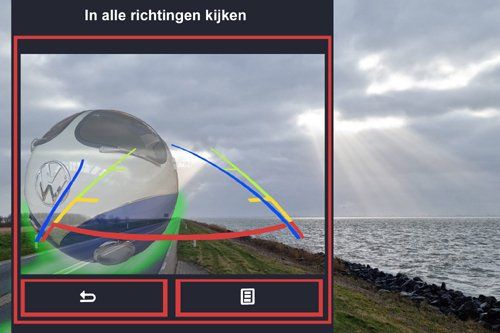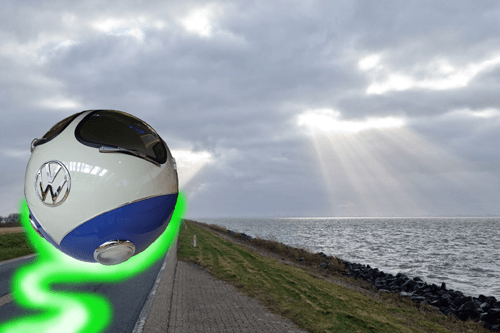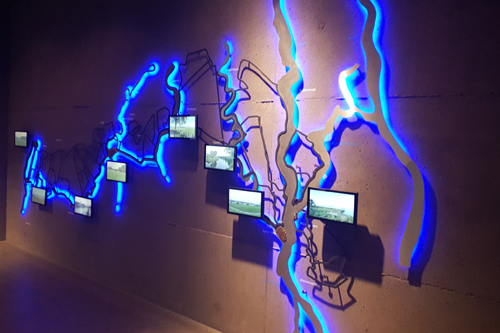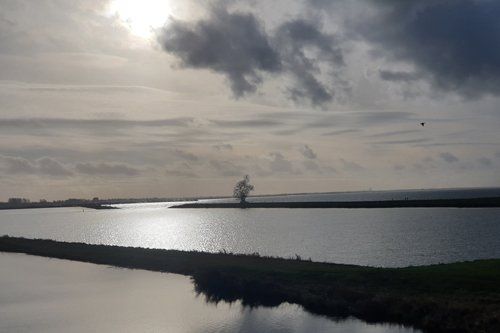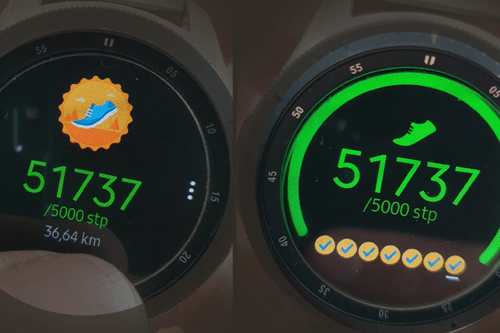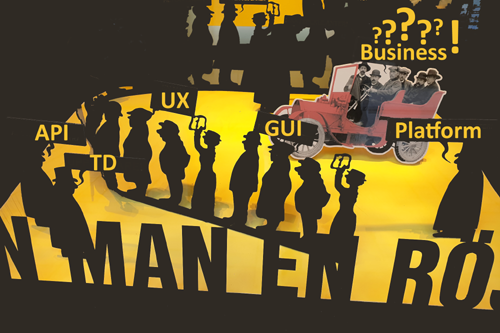#Stay@home (English Version)
Casper
Boredom and mistakes an ideal combination?
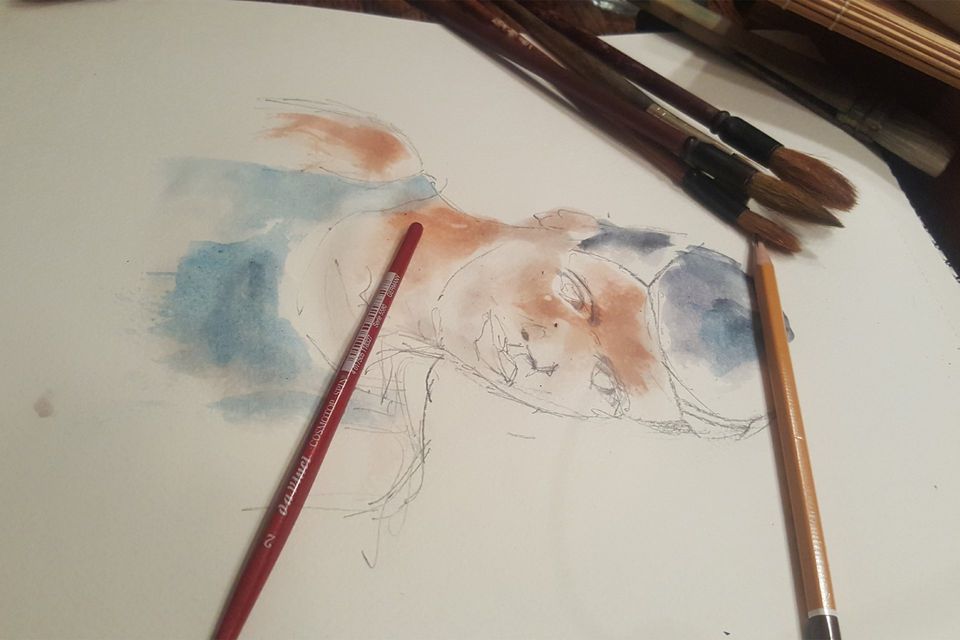
Staying indoors for weeks on end, boredom strikes. Is that bad? There are studies that claim you need boredom to develop creativity. Now at times of staying at home, #stay@home, boredom strikes. Time to "mess around" with "what-ever it is". You can see the most creative expressions on social media. Often made with limited resources. They can only be devised out of pure boredom.
If we consider the above in the context of innovation, I see a few important ingredients to achieve "something" new. First; Boredom. Time and space to allow your thought to pass quietly. Second; Scarcity. Scarcity makes you resourceful and combines things you wouldn't normally consider. Thirdly; Guts. The courage to try things out and keep them up. Fourth; Trust. In a familiar environment, No need to be afraid to make mistakes. And fifthly: Persevere. Keep trying, hold on until it works. Don't give up the first time, just keep going. Adjust plan if necessary and try again. Naturally, a number of catalysts help with the above points such as; humor, necessity and togetherness.
In an innovative organization it is important to give substance to the above points. Boredom; employees should be given the time to think and think about something, without being bombarded with workloads and deadlines. Scarcity; Encourage employees to set up something with limited resources. Then it is not so fancy in the beginning. This also reduces the (budget) pressure a lot. Trust; Give your employees confidence in not only the "success" of something, but also in the "failure". The latter is perhaps even more important than the former. I myself always give employees a target of "Make at least 5 mistakes per year". I can tell you that this is even more difficult than expected for the employees. Of course, once they have made a "mistake," they must admit it honestly. By default I have two check questions; 1 - Did you make the mistake on purpose, on purpose? If that turns out to be the case, it is no longer a mistake but a deliberate one. Then another conversation follows. 2 - What did you learn from the mistake? If you recognize the error as a learning moment, it is useful to experience this situation. That's why I put the word error in quotes a few sentences back. The mistake becomes a learning moment. In this way you encourage employees to try "something new" and not always choose the familiar, Guts
and Persistence. Encourage your employees not to stop at the first setback, continue. But be realistic. Does it not work? Feel free to try something different.
In the age of sitting at home, getting bored, beautiful, innovative ideas could grow and flourish. Look for each other, of course not literally! Exchange ideas and thoughts. Try something crazy, for example, use the catalyst humor. I say: "... get creative, stay safe, #stay@home ...".
Casper.
Blog
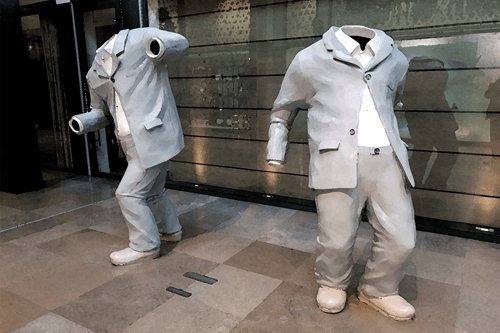
Nu er veel nagedacht wordt over Digitale Transitie rijst de vraag; “ Wat doen we met al die digitale gegevens? ” Waar vroeger de website het eindstation was zijn er anno 2020 betere oplossingen. Waarom je beperken tot een website, of mobiel? “ -- Mobile first -- ” is een veel gehoorde kreet. Ik pleit er voor dat om te bouwen naar “ -- API-first -- ” (API staat voor; Application Programming Interface). Als we de software architectuur verdelen in een voor- en achterkant en we zetten daar een laag tussen die dat allemaal verbindt. We waren immers toch al bezig met het schaalbaar maken van de backend systemen (achterkant) in het kader van de digitale transformatie (Lees ook mijn blog over Digitale Transformatie , https://www.casperotto.nl/digitale_transformatie ). Hoe mooi is het als je een API-laag creëert waarop je alles zou kunnen aansluiten: een website of een mobiele applicatie of een koppeling met een ander platform of ….. wat je maar wil. Je bent flexibel om te doen wat voor jouw bedrijf het beste is. Bijvoorbeeld voor klanten een portaal realiseren waar ze zaken zelf kunnen regelen. Of koppelen met een ander portaal van een partner bedrijf. Ongekende mogelijkheden. Van belang is wel om de digitale transformatie goed door te voeren. Als systemen op een goede manier gekoppeld zijn heb je daar veel profijt van. Belangrijke vraagstukken zul je moeten beantwoorden (onder andere); • Welke delen van de architectuur gedragen real time, welke niet? • Waar leg ik gegevensverzamelingen aan? • Waar moet ik buffers creëren om niet (te) afhankelijk te zijn van andere systemen? • Waar maak ik gebruik van API’s en waar van (micro) services? Belangrijk is om goed het evenwicht in het oog te houden. Net als met alle goede apparaten moeten de componenten in balans zijn. Alleen dan werkt het optimaal samen. Naast het technische is het ook belangrijk dat je een groep met de juiste mensen samen stelt. Met focus op techniek, business en financiën. Multi disciplinair, laat ze samen werken, stel kaders op maar zo min mogelijk doelen. Laat het team dat doen, je kunt de uitkomst toetsen aan de strategie welke je voor ogen hebt. Misschien word je wel verrast met een uitkomst die je niet voor mogelijk had gehouden. Dat geeft je als ondernemer ook een boost, nieuwe terreinen verkennen, nieuwe dingen leren en ontdekken. Iedere disruptieve gebeurtenis, hoe vervelend ook, opent de deur voor nieuwe kansen en oplossingen. Laten we er wat mee doen! Casper. https://www.casperotto.nl/ https://www.casperotto.nl/blog



